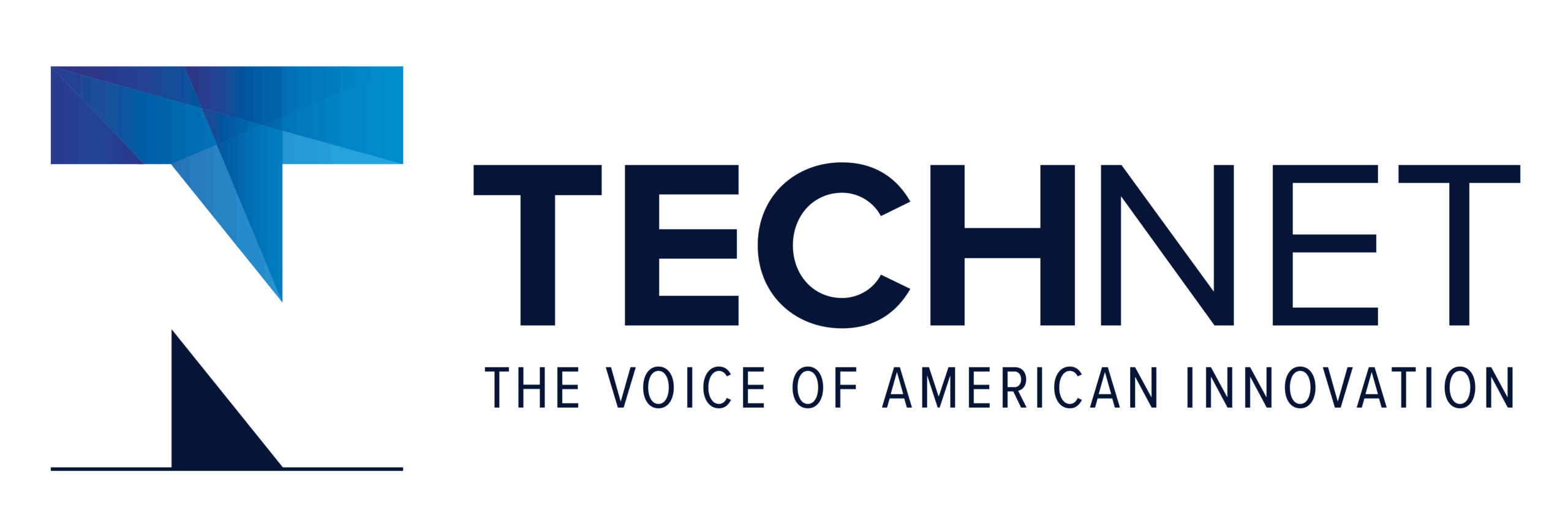Washington, D.C. – TechNet, the national, bipartisan network of tech CEOs and senior executives, today set the record straight on several myths circulating about the proposed federal standard for AI development currently being considered by policymakers in Washington, D.C.
“AI is actively reshaping how we teach, build, learn, and live. A unified federal AI framework that includes carefully crafted preemption provisions would not only provide clarity and consistency but also affirm America’s global leadership in technology,” said TechNet President and CEO, Linda Moore. “There’s a lot of misinformation circulating, so it’s critical that policymakers and all Americans get the facts.”
Fiction #1: “Federal preemption of state AI regulations would prevent states from protecting children and consumers online.”
Fact: Well-structured federal AI preemption measures would not limit states’ ability to enforce or enact child-safety, privacy, or consumer-protection laws including data privacy, anti-discrimination, and anti-deceptive practices protections. States will still be able to regulate harmful in-state uses of AI. In fact, the latest legislative proposal includes pillars specifically aimed at stopping the ‘Nefarious Uses of AI Against Americans,’ which mentions expanding federal policy – specifically the ‘Take it Down Act’ – to protect children. [source: Senate Commerce Committee AI Policy Framework, September 2025, Budget Reconciliation bill text, June 2025]
Fiction #2: “A federal AI standard that preempts state laws only benefits Big Tech and hurts small businesses.”
Fact: A 50-state patchwork is far more burdensome for small companies and startups, which lack the resources to comply with dozens of conflicting rules. A federal standard would eliminate conflicting mandates, level the playing field, reduce compliance costs, and allow smaller innovators to compete, grow, and reach customers nationwide. [source: U.S. Chamber of Commerce, 50 State Data Breakdown, November 2025]
Fiction #3: “Federal preemption will make the U.S. less competitive globally.”
Fact: A federal AI standard protects U.S. competitiveness, especially as other nations advance AI rapidly. Fragmented and conflicting rules would slow American innovation, raise compliance costs, and make it harder for U.S. companies large and small to compete internationally. [source: Center for Data Innovation, May 2025, U.S. Chamber of Commerce, 50 State Data Breakdown, November 2025]
Fiction #4: “Federal preemption ignores copyright and leaves artists and creators unprotected.”
Fact: Rushing into 50 different state AI rules would create inconsistent, and in some cases conflicting, approaches to copyright, training data, and attribution. A federal law prevents conflicting state AI rules from colliding with national copyright law, weakening creators’ rights, and derailing emerging licensing markets. [source: Cato Institute, June 2025]
Fiction #5: “Americans prefer states to set their own AI development rules.”
Fact: Polling shows strong bipartisan support for a single national AI standard. Voters overwhelmingly oppose a fragmented system that drives up costs, slows progress, and undermines trust. Americans want AI that is safe, transparent, and consistent no matter where they live. [source: TechNet/Morning Consult Poll, November 2025]
